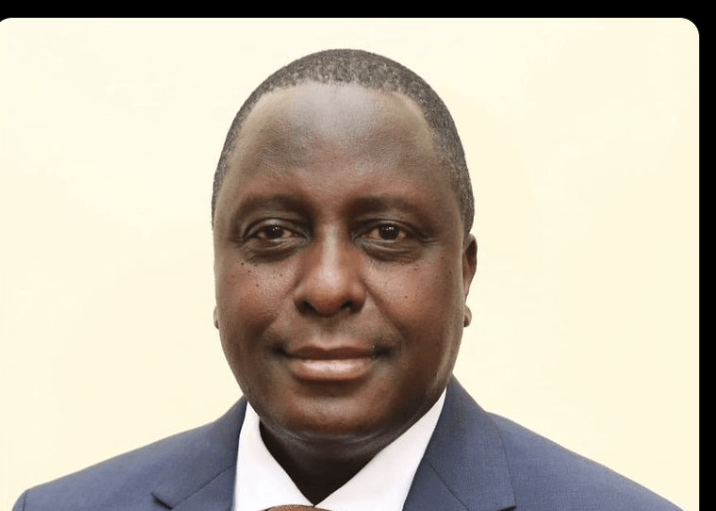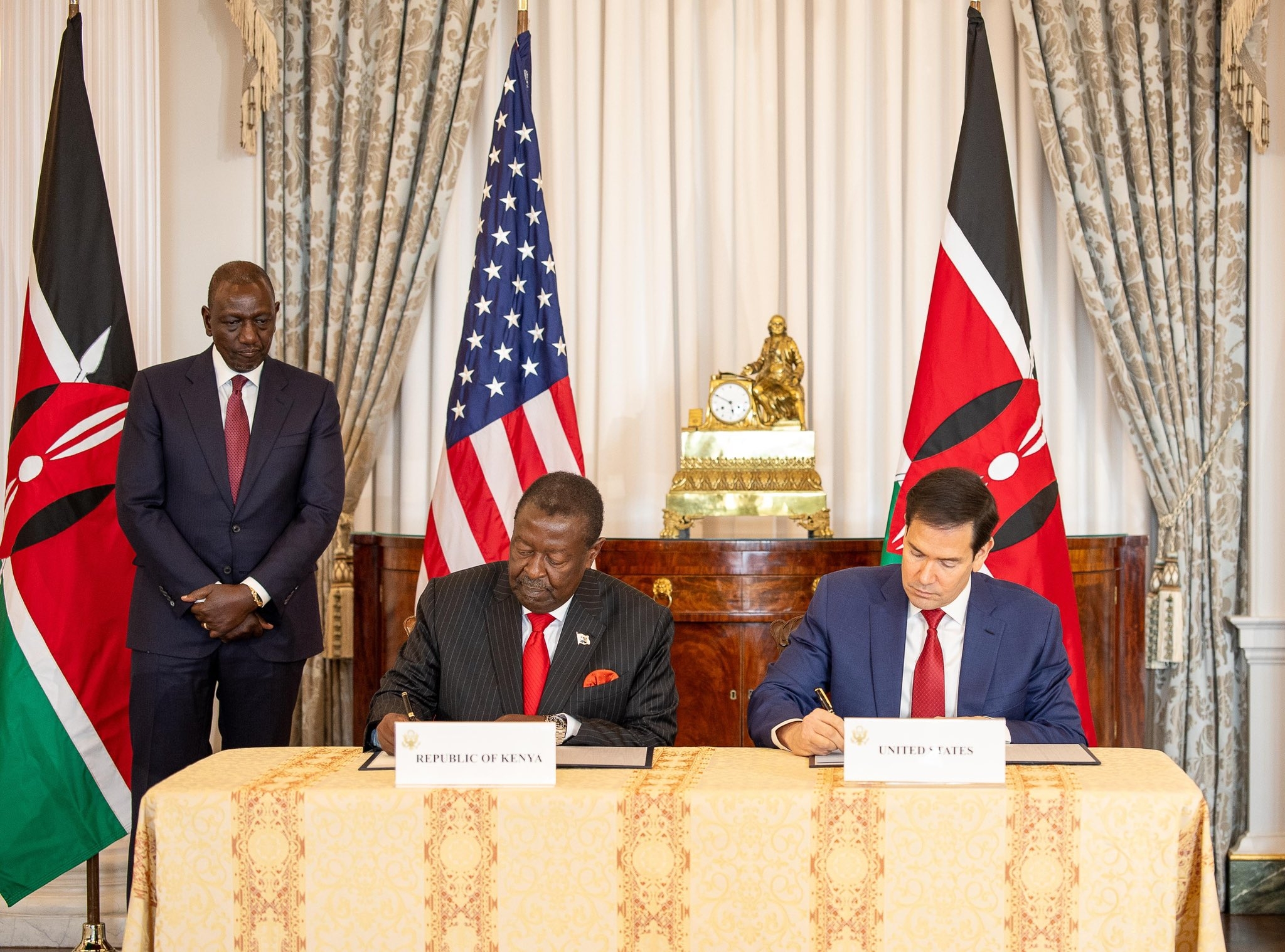Kenya's current political landscape faces a challenge presented by ongoing protests, particularly from the Gen Z demographic. This unrest offers an opportunity for the nation if managed effectively.
Open communication can strengthen trust in government and institutions while allowing diverse voices to be heard. However, failing to address these concerns could exacerbate existing societal issues, potentially leading to a repeat of past tragedies like the 2007-08 post-election violence.
The 2007-08 violence serves as a stark reminder of the high human cost of unresolved political conflicts. More than 1,100 lives were lost and 350,000 people were displaced.
Prolonged protests and clashes with security forces can endanger lives, cause displacement and undermine social stability. The 2008 violence also caused significant economic disruption, damaging businesses, infrastructure and tourism, leading to job losses and reduced income.
The violence further exposed deep-seated ethnic tensions, creating long-lasting mistrust and social fragmentation. While today's protests might seem driven by class conflict, underlying ethnic divisions remain evident. Unrest, if not handled carefully, could reignite these divisions, hindering national reconciliation efforts.
Public trust in government institutions was also weakened by the 2008 violence. Security forces were perceived as ineffective, and the justice system failed to hold perpetrators accountable, eroding public faith. Similarly, ongoing protests without resolution can erode trust in the government and security forces, making it harder for the state to function effectively and maintain order.
Persistent protests can disrupt community life and weaken social cohesion, as seen in 2008 when people became suspicious and fearful of their neighbours. Unresolved tensions could again divide communities, hindering efforts to build a cohesive society.
These events highlight the importance of peaceful protests and strong institutions for Kenya's future. The government must create an environment where diverse opinions can be expressed and heard, fostering trust in governance and a more united nation.
Only through inclusive dialogue and meaningful reforms can Kenya avoid repeating past mistakes and build a brighter future for all its citizens.
Kenyan citizen residing in Botswana

















